Trump’s defeat is not good news for Iranian manufacturers
When French automakers Peugeot and Renault exited Iran along with other international companies in 2018, the ensuing supply crunch produced a market chaos which saw car prices vault to unprecedented highs.
Still, what troubled Iran most was the fate of hundreds of thousands of jobs which were at immediate risk of elimination.
More than 100,000 people are employed by the two largest local manufacturers Iran Khodro (IKCO) and Saipa, while another 700,000 Iranians work in industries related to car manufacturing.
The auto industry is a key driver of Iran's economy, the operation and prosperity of which keeps more than 60 other industries moving. The industry is only second to its energy sector, accounting for some 10 percent of the gross domestic product and 4 percent of employment.
When the Trump administration reimposed sanctions on Iran in August 2018, it reserved Washington’s first hammer blow for the car industry to hurt as many Iranians as possible. And with foreign automakers abandoning Iran, the Iranian auto industry appeared all set for a long hibernation.
However, Iran cannot afford to lay off its automotive industry. The sector is so massive with its solid infrastructure in production, which holds both economic and political importance to the government.
As the fallout from the chaotic auto market continued to weigh on the society and dominate the news, the government finally sprang into action, assigning the defense ministry to help produce Iranian-made cars.
The ministry is now helping the Iranian carmakers manufacture hi-tech auto parts which Iran used to import.
So far, 154 major auto parts have been internally produced, saving the country some 400 million euros in foreign exchange, auto parts maker Reza Rezaei told Tasnim news agency in remarks published Wednesday.
How Iran absorbed 'bizarre shock'
This, he said, is down to the management and use of appropriate skills and strategies that enabled Iran to absorb the “bizarre shock” from the exit of foreign automakers and compensate for the breach of contract by the French companies and provide the required parts for cars itself.
“Fortunately, this shock was short-lived, and we were able to stabilize the situation in six months and turn the industry around by relying on our internal capabilities.”
Cars produced in Iran under license from foreign manufacturers relied on critical imports of parts ranging from airbags, pistons and cylinder heads to computer chips including engine control units and sensors.
Under the sanctions, Iran adopted two strategies, Rezaei said. “First, by relying on our capabilities, we started production of parts with some Indian, Turkish and Chinese companies, and after a short-term cooperation, we began internally producing the parts.”
Local manufacturers are now producing a wide range of parts such as automotive immobilizers that allow the engine to start only with the vehicle's authorized key, electronic control units, oxygen sensors, electric seats, electric steering, six-speed automatic transmission, polymeric materials, modulators, injectors, airbags, multimedia, direct current (DC) motors, all types of electrical sensors and digital front amplifiers.
The K132 sedan, the first Iran-made car using 90% locally-manufactured parts, is about to roll off the IKCO’s mass production line in February. IKCO's rival will produce Saipa Shahin compact sedan, which is 92% reliant on locally-manufactured parts.
"In the Peugeot family, about 90% and in the IKCO Samand and Kia Pride families, more than 95% internalization has been achieved. In addition, 20% to 30% internalization has been done in assembled products, such as Kerman Motor vehicles,” Rezaei said.
Deputy head of the Homogeneous Industries Association of Iranian Parts Manufacturers Mehdi Motallebzadeh said some 125 local manufacturers can now supply parts for the annual production of 2-2.5 million vehicles.
'Whispers of international opening'
However, they are worried by the recent change of tides in the wake of US President Donald Trump’s election defeat which has generated a swell of speculations about possible opening in tense relations between Tehran and Washington.
Under Trump, the US has imposed layer after layer of tough sanctions that have negatively affected all aspects of life in Iran.
On the flip side, the US pressures have been a boon to domestic manufacturers who have thrived under the new situation through mobilizing their resources to fulfill some of the tasks which were an exclusive competence of foreign companies.
“With these sanctions, they wanted to bring down Iran's economy, but fortunately, the intelligence and ability of our managers in the auto parts industry enabled us to take advantage of these conditions and achieve positive achievements in the parts industry,” Rezaei said.
However, "there is also concern that the problems of the past will return with the change of president in the United States and the current whispers of international opening," he added.
According to Rezaei, the growth of production and parts manufacturing in the last two years is not comparable to the last 20 to 30 years, during which Iran was able to boost domestic production in the face of tough sanctions.
Iranian producers, Rezaei said, have acquired the necessary knowledge and technology for production with many difficulties and what they need now is the government's support for further development.
“The government should take into account that if there are international openings in the future, the criterion should be the transfer of technical knowledge and prevent the increase of imports in exchange for oil exports.”
Leader: Iran has no proxy forces in West Asia
US fighter aircraft shot down ‘in friendly fire’ amid aggression on Yemen
Yemeni FM: Israel’s sponsors accountable for ongoing aggression on Sana’a
Eight Palestinians killed as Israel attacks Gaza school, hospitals
VIDEO | Rome, Milan host new protests in solidarity with Palestinians
Dec. 21: ‘Axis of Resistance’ operations against Israeli occupation
Spain jurists demand ties with Israel ties be cut
VIDEO | Press TV's news headlines


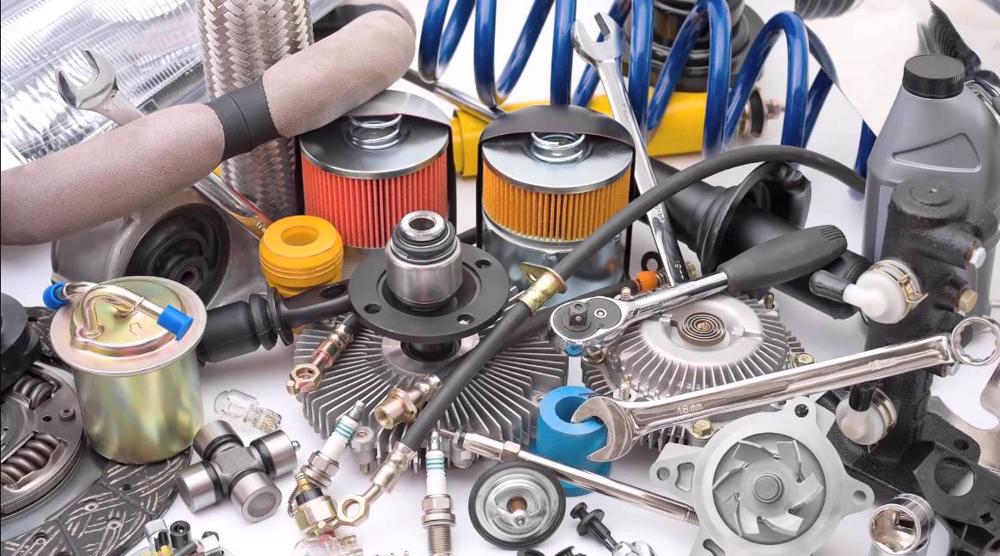


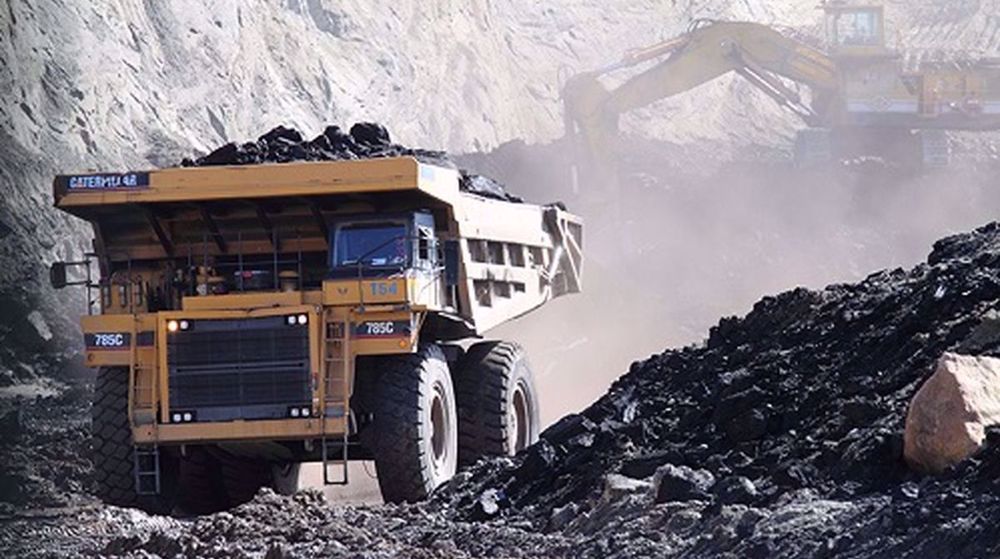
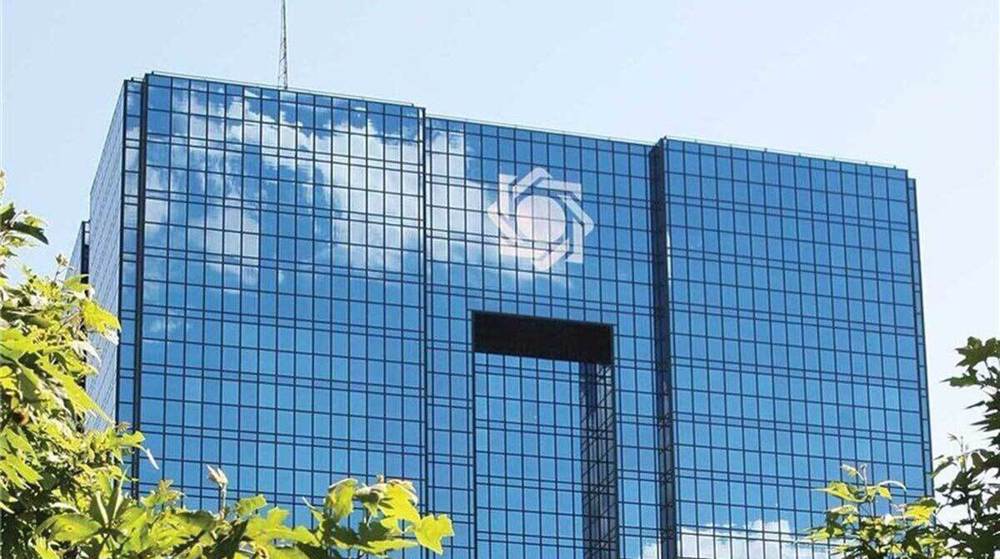
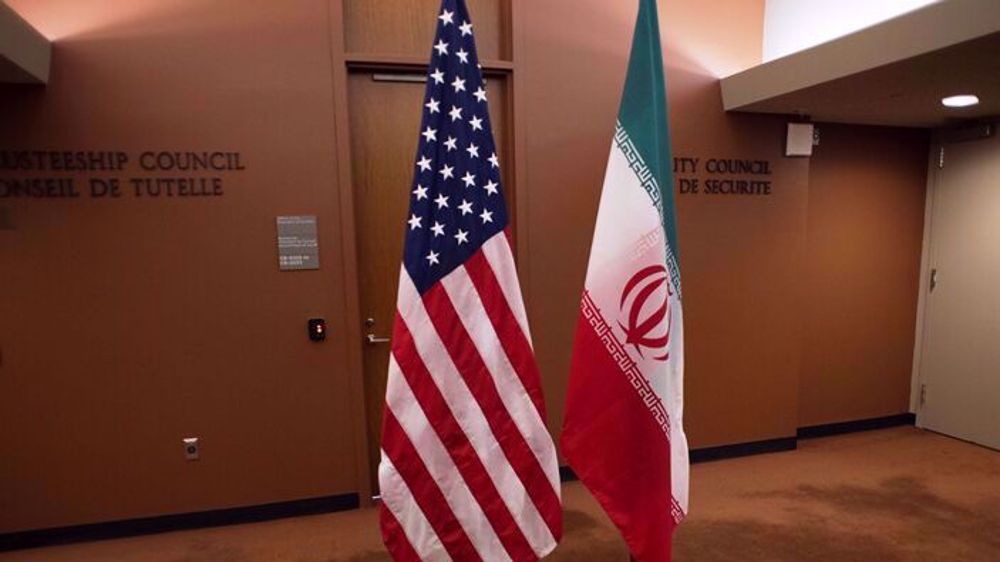



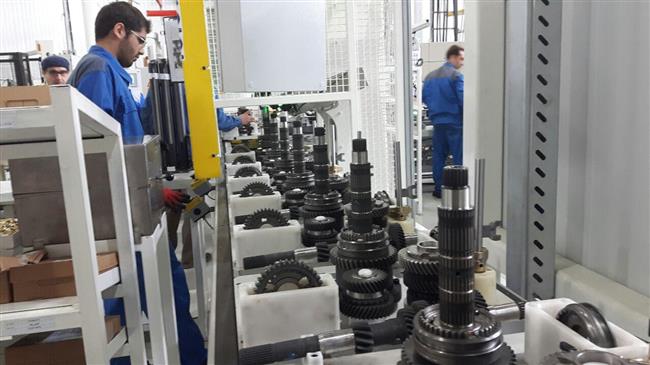



 This makes it easy to access the Press TV website
This makes it easy to access the Press TV website